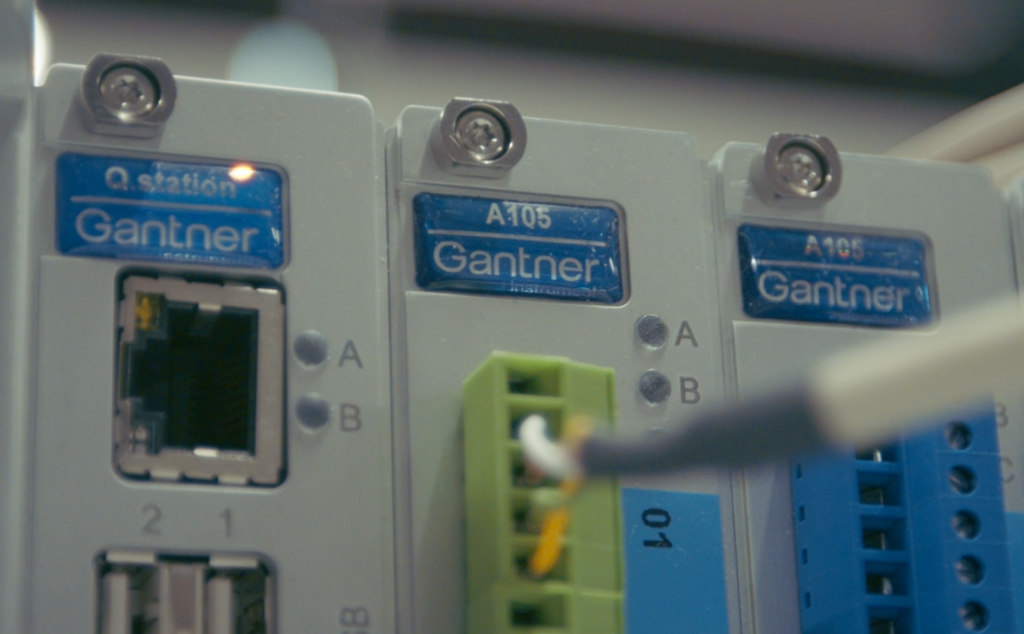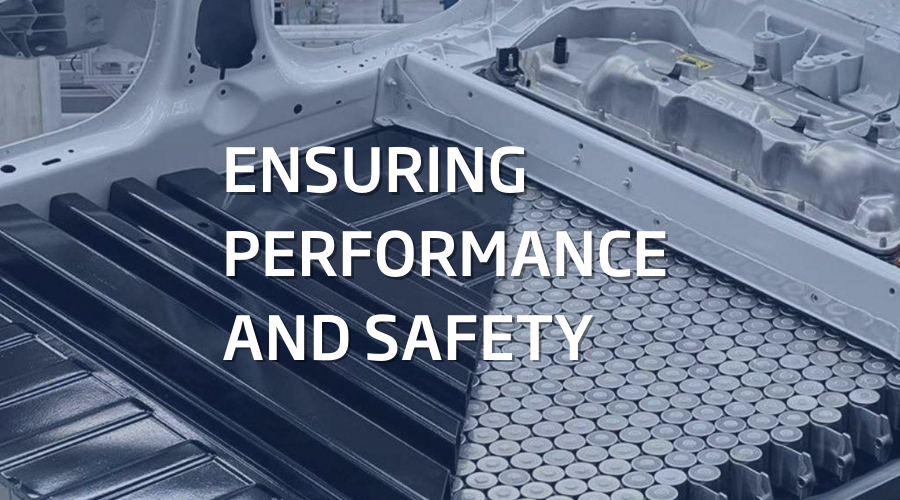Why Battery Cell Testing Matters
Battery cells serve as the fundamental energy source in an EV, directly influencing range, charging speed, and overall reliability. If batteries are not rigorously tested, automakers and consumers face risks such as:
- Reduced Performance: Lower driving range and reduced energy efficiency.
- Safety Concerns: Potential for thermal runaway, fire hazards, or explosions.
- Shorter Lifespan: Accelerated capacity loss, resulting in premature replacements.
Comprehensive testing safeguards against these pitfalls and upholds both consumer confidence and regulatory requirements.
Key Aspects of Battery Cell Testing
Performance Testing
Performance testing determines the cell’s capacity, energy density, and power output under various conditions. By simulating real-world scenarios—such as rapid acceleration, frequent charging, and extreme ambient temperatures—engineers can evaluate how well a cell will function throughout its expected life cycle.
Safety Testing
Safety is the top priority for automotive batteries. Cells are tested by overcharging, short-circuiting, and mechanical impact, pushing them to their limits. Thermal testing, in particular, examines how cells respond to high temperatures and identifies the risk of thermal runaway.
Durability and Lifecycle Testing
EV batteries may endure thousands of charge-discharge cycles over their operational life. Lifecycle testing measures how performance and capacity degrade over time, allowing engineers to predict product longevity and schedule preventive maintenance.
Environmental Testing
Batteries must perform reliably across diverse climates, from freezing temperatures to scorching heat. Environmental tests assess the impact of temperature shifts, humidity, vibration, and other external factors to ensure that batteries remain consistent and safe, regardless of location.
Compliance and Regulatory Testing
Worldwide standards such as UN 38.3 and IEC 62660 govern the safe handling, transport, and operation of automotive batteries. Compliance testing verifies that cells meet these regulatory benchmarks, safeguarding public safety and streamlining global distribution.
Advantages of Gantner Instruments Technology
Gantner Instruments offers advanced solutions specifically designed for battery cell testing. Our technology provides:
- High Precision and Accuracy: Obtain extremely precise measurements for a trustworthy view of battery performance.
- Scalability: Scale seamlessly from single-cell testing to complete battery pack analysis with modular, adaptable systems.
- Real-Time Monitoring: Monitor data in real-time as it’s collected and visualize it instantly, enabling timely decision-making.
- Robustness and Durability: Our hardware is engineered for demanding automotive environments, ensuring reliability under harsh conditions.
- Integration Capabilities: Gantner’s systems easily integrate with existing test setups and software, reducing deployment challenges.
Gantner Instruments’ solutions streamline battery development, mitigate risks, and bring EVs to market faster.

The Future of Battery Cell Testing
Rapid advancements—such as solid-state batteries, faster charging protocols, and novel battery chemistries—are reshaping testing requirements. Looking ahead, emerging tools like digital twins, predictive analytics, and enhanced simulation will play larger roles in validating battery performance. Collaboration among automakers, battery producers, and regulators will remain essential, ensuring that global standards evolve alongside technological breakthroughs.
Battery cell testing stands at the core of EV advancement, guaranteeing the safety, performance, and longevity that consumers expect. As the automotive sector continues to innovate, maintaining robust testing protocols will further reinforce consumer trust and drive widespread electric mobility. Whether you’re an automaker, battery supplier, or simply interested in EV technology, staying informed about the latest testing innovations is key to powering the future of transportation.
Watch and Learn: Battery Testing in Action
Discover more about advanced battery cell testing in the automotive industry. Watch our detailed video on YouTube for insights and best practices.
Learn more about the MUNICH BATTERY LABS by VISPIRON SYSTEMS and how the service provider makes e-cars more efficient.
More articles
Hydrogen Future Conference
The Regional Hydrogen Future Conference will take place on 11 February 2026 in Augsburg and is organized by IHK Schwaben. The conference focuses on green hydrogen as a key driver for sustainable value creation resilient energy systems and climate friendly mobility. The event brings together experts from business politics and science and offers space for exchange networking and new ideas around the hydrogen economy.
Read more...How strong are you? 💪🏼
Such was the question asked by electronics apprentice Fabio Rudigier when determining a suitable topic for his final project as part of his final apprenticeship examination. He wanted to develop a machine that measures the force applied by an arm press and displays it visually on a display device.
Read more...The 10 most important principles for effective acceleration measurement and vibration monitoring
In vibration monitoring and acceleration measurement, there are many variables to consider, and many opportunities to make mistakes. Sometimes it is nice to have a checklist that keeps you on the right track. Here are the 10 essentials for effective vibration monitoring and acceleration measurement
Read more...International Trade Fair for Electronics Development and Production
Your path to electronic excellence begins at Productronica India 2023. With Gantner Instruments at your side, you are well-equipped to seize opportunities and conquer challenges in the electronic industry. We look forward to meeting you at Productronica India 2023!
Read more...